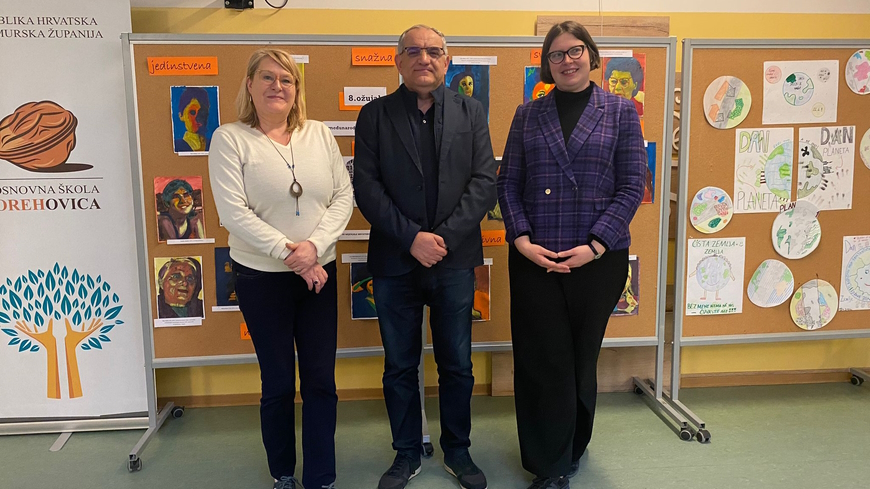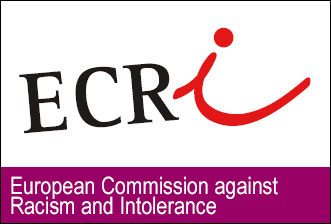A delegation of the European Commission against Racism and Intolerance (ECRI) visited Croatia from 22 to 26 April 2024 as the first step in the preparation of a monitoring report. The visit was preceded by online meetings on 12 April 2024. During the visit, ECRI’s delegation gathered information on effective equality and access to rights; hate speech and hate-motivated violence; and integration and inclusion.
The delegation held meetings with representatives of the national government, the equality body (the Parliamentary Ombudspersons), members of other independent bodies, representatives of civil society organisations and groups of concern to ECRI. In addition, the delegation went to the Međimurje county, where it met with representatives of the regional and local authorities, civil society and the Roma community. It also visited a primary school in Orehovica and a Play Hub for Roma and majority population children in Pribislavec, where it talked to education professionals and Roma community mediators.
Following this visit, ECRI will adopt a report in which it will make a new set of recommendations on measures to be taken by the authorities to address racism and intolerance in the country. The implementation of two priority recommendations will be reviewed in two years’ time after the publication of the report as part of ECRI’s interim follow-up procedure.
In its 2018 report on Croatia, among other recommendations, ECRI recommended that the authorities carry out a comprehensive evaluation of the earlier integration policies on refugees and persons under subsidiary protection and that they ensure that the Action Plan for the integration of persons who have been granted international protection has well-defined goals and targets, time-frames, funding, success indicators as well as a monitoring and evaluation system for its effective implementation.
It also recommended to increase the number of Roma who work in the civil service through the effective implementation of the positive action measures available in the legal framework.
For more information on previous ECRI reports on Croatia, please visit ECRI’s country monitoring page.




